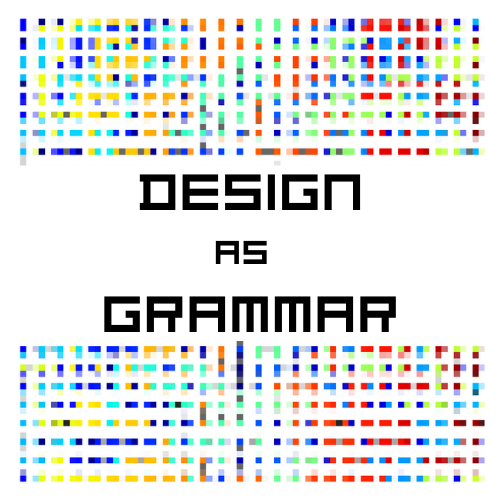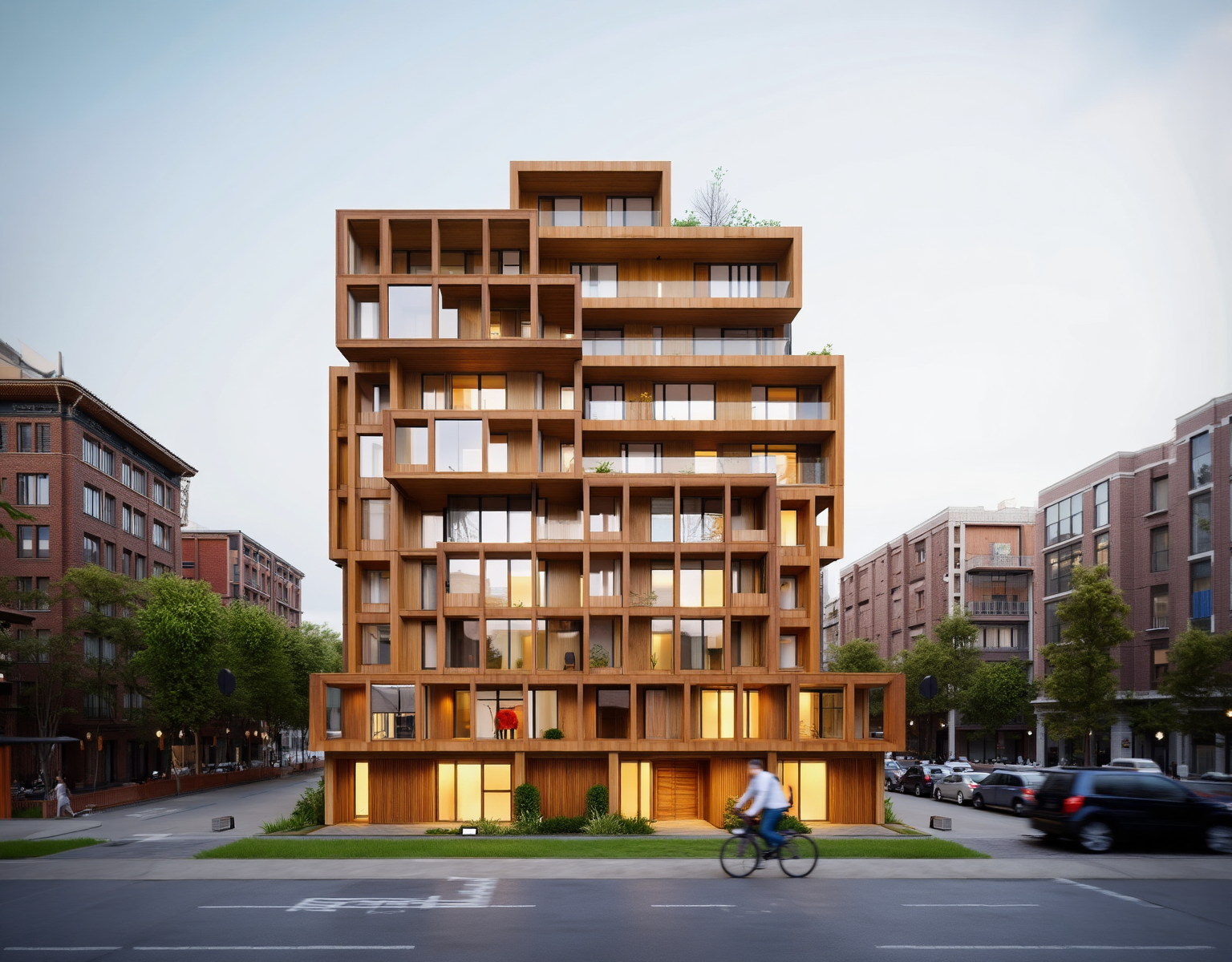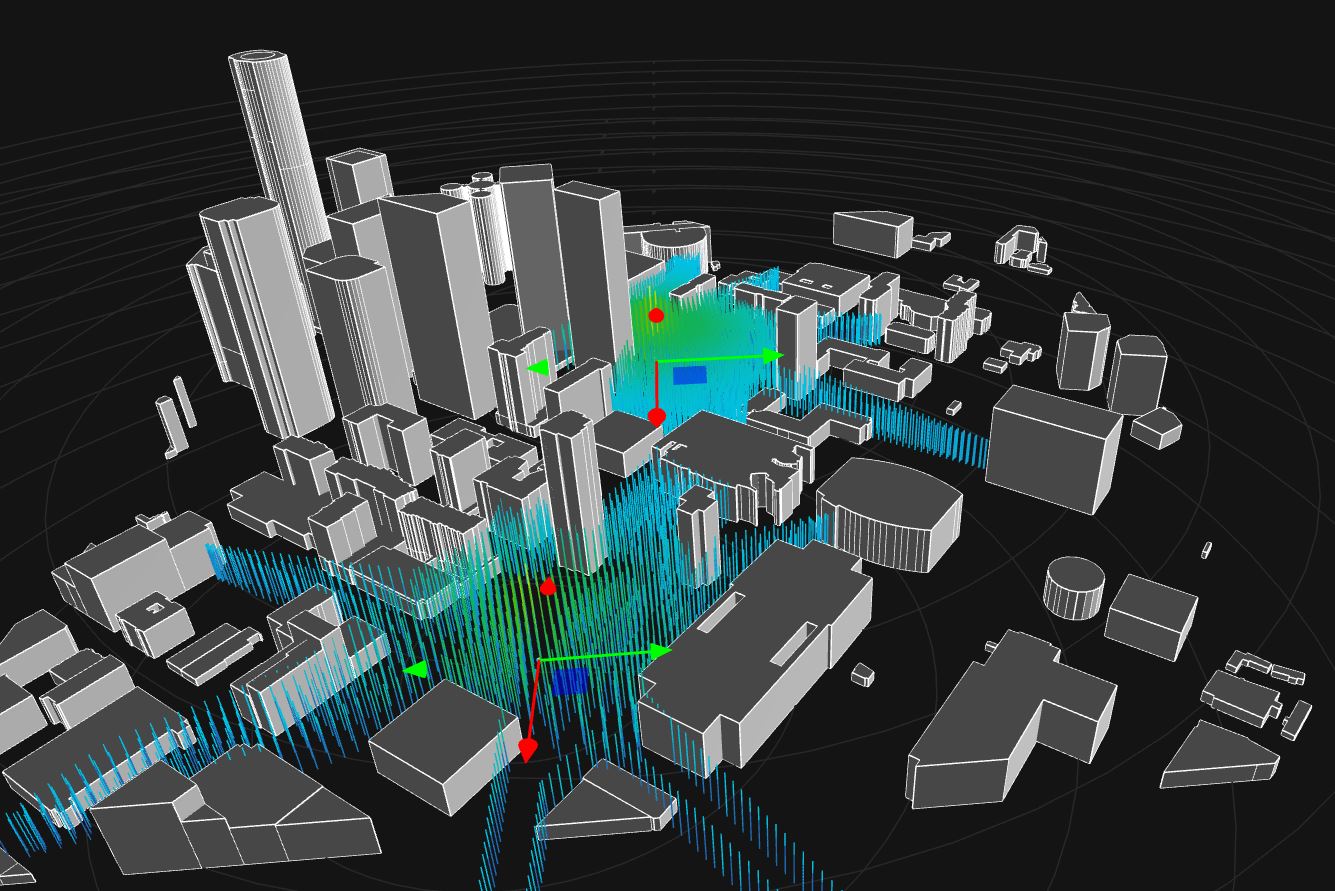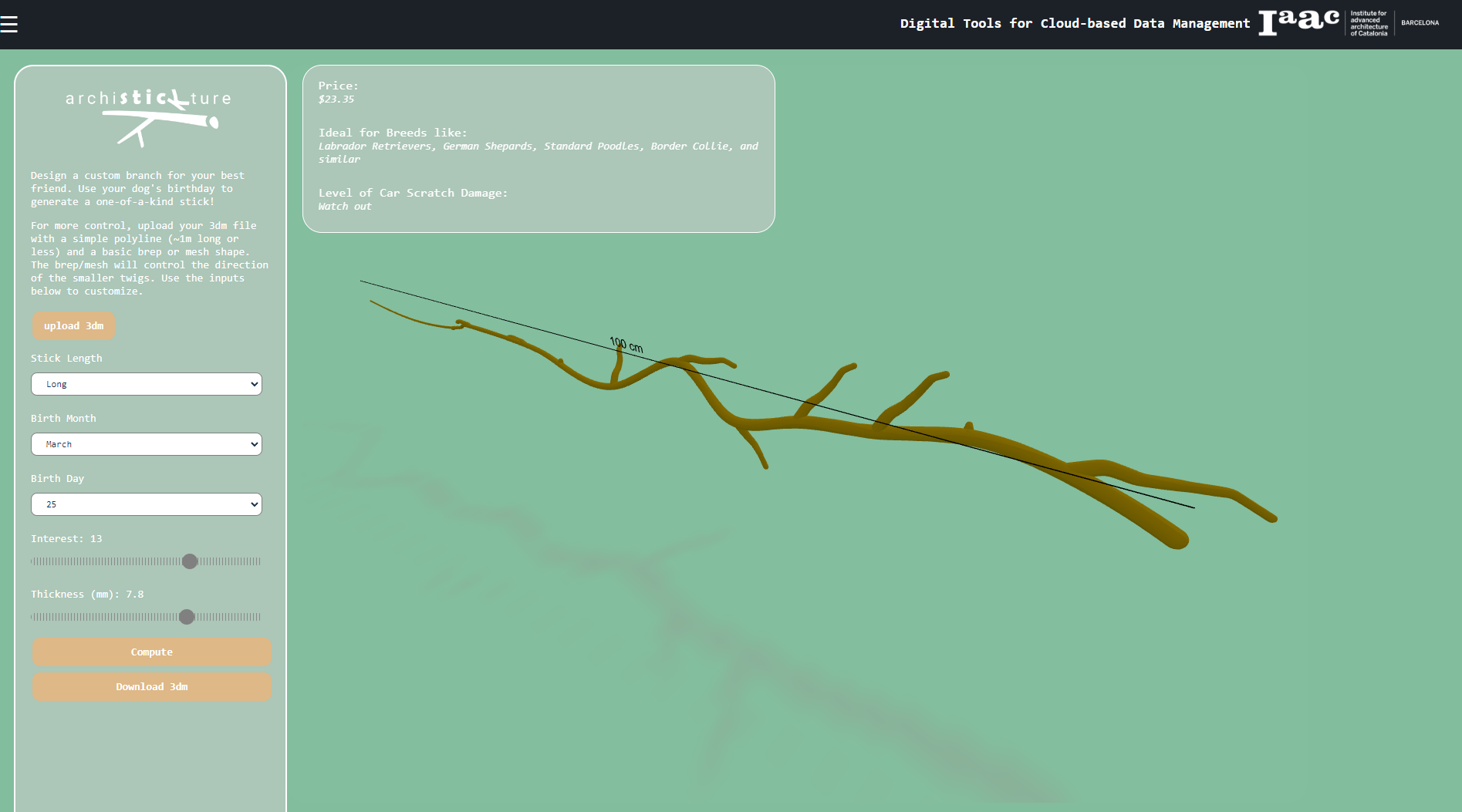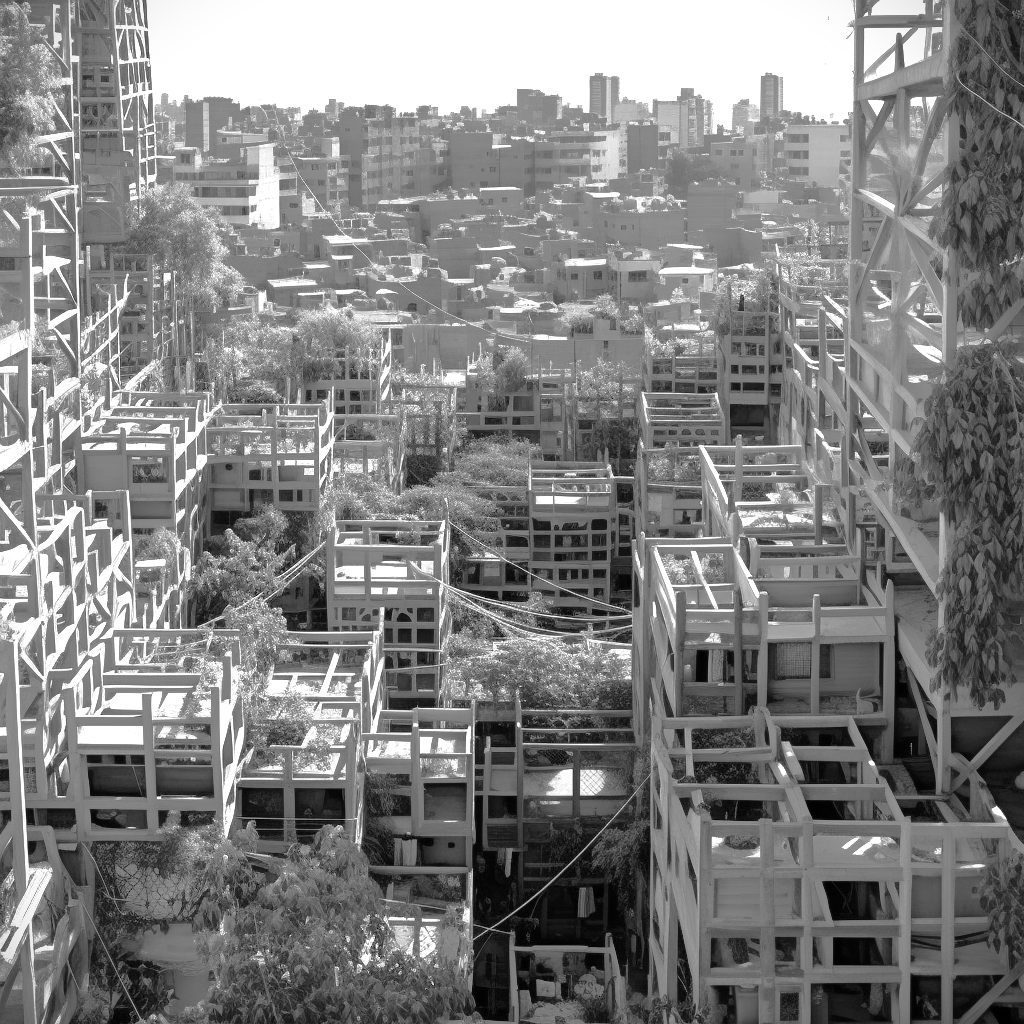Design as Grammar – Utilizing Graph ML for Modular determination
In a world driven by digital transformation, the realm of architecture and design faces new challenges in achieving flexibility, scalability, and efficiency. One of the most pressing issues is modular determination—how do we ensure that modular structures fit together seamlessly, across various design patterns? Design as Grammar addresses this by leveraging Graph Machine Learning (Graph … Read more

